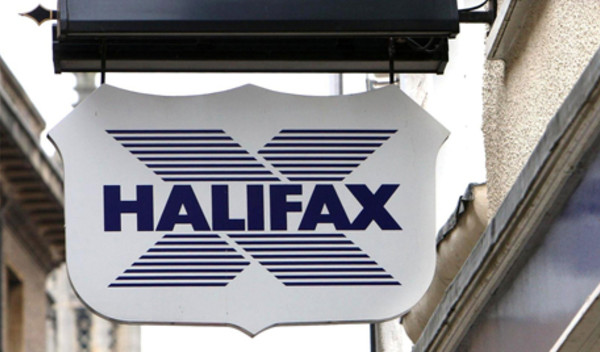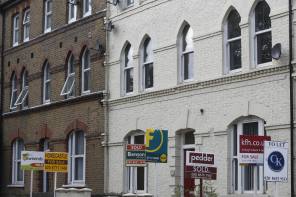

Annual house price growth is expected to slow from 1 to 4 per cent by the end of 2017, according to Halifax.
The building society expects slower economic growth, pressure on employment and a squeeze on spending power, together with affordability constraints, to reduce housing demand during 2017.
The lender said an ongoing shortage of property for sale, low levels of housebuilding, and exceptionally low interest rates would prevent house prices from falling.
The wide range for the forecast is a reflection of the higher than normal degree of uncertainty regarding the prospects for the UK economy next year.
Additionally, reduced housing demand is likely to result in lower house sales as more people respond to weaker economic conditions and the deterioration in housing affordability by not buying or moving home.
Halifax stated the Buy to Let sector is expected to cool further in 2017 as a result of impending tax changes and stricter underwriting criteria.
According to Halifax, the adverse housing affordability position in London suggests price growth will slow more sharply in the capital than elsewhere in the UK during 2017.
Halifax’s housing economist, Martin Ellis, said the housing market is critically dependent on the wider economy.
He said: "We consider it most likely that the UK economy will soften over the course of 2017. This is most likely to result from the weakening of sterling pushing up import costs and dragging on purchasing power, both for consumers and as a determinant of business investment spending.
“Slower economic growth in 2017 is likely to result in pressure on employment with a risk of a rise in unemployment. This deterioration in the labour market, together with an expected squeeze on households’ spending power – as inflation picks up and outpaces earnings growth later in the year – is likely to curb housing demand.
"These factors, combined with increasing affordability constraints, particularly in London and the South East, are likely to result in a further easing in annual house price growth during the coming year, continuing the trend seen since the spring of 2016.
He added the level of uncertainty around any economic forecast is higher than usual at present and it was difficult to predict the likely path for both consumer and business confidence during 2017, due to a wide range of possible outcomes regarding the extent of the expected worsening in labour market conditions and the size of the squeeze on purchasing power.
“Despite the high level of uncertainty, UK house prices should continue to be supported by the shortage of property for sale, low levels of housebuilding, and exceptionally low interest rates. Overall, annual house price growth nationally is most likely expected to slow to 1-4% by the end of 2017. This relatively wide range for the forecast reflects the higher than normal degree of uncertainty regarding the prospects for the UK economy next year.
“The expected slowdown in house price growth is likely to be accompanied by a decline in activity with reduced housing demand resulting in lower levels of house sales as more people respond to weaker economic conditions and the deterioration in housing affordability by not buying or moving home."
ruth.gillbe@ft.com



